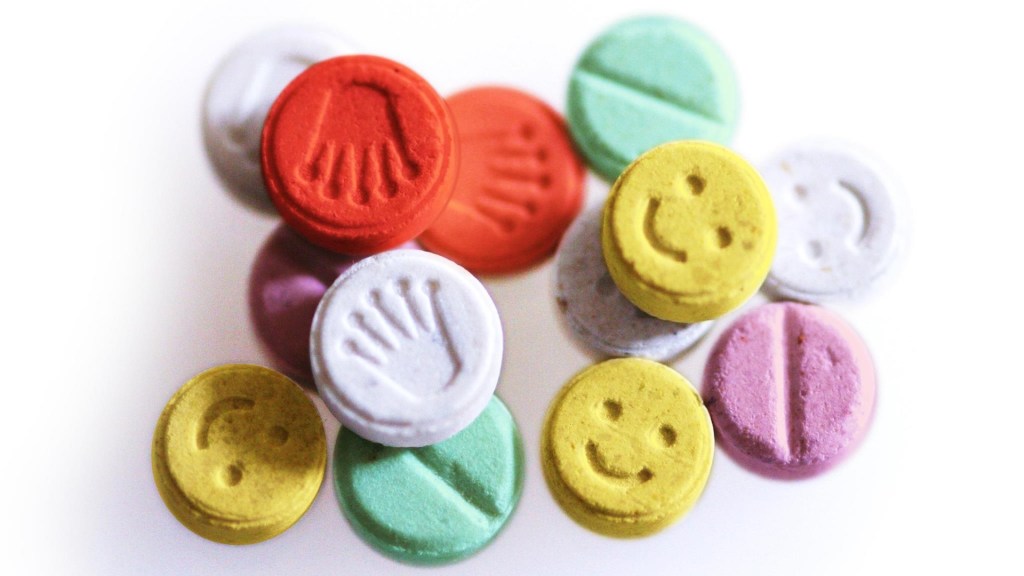After deeming it an “overwhelming success”, Pill Testing Australia have released a detailed report which illustrates their findings conducted at the second pill testing trial at Groovin The Moo in Canberra back in April, which aimed to “provide a health service to reduce the harms associated with drugs and to broadly diminish the health, social and economic costs of drug use.”
The service, which was free for consumers, tested 170 substances for 234 participants and found seven dangerous substances containing N-ethyl pentylone. When alerted of the potential harms, all patrons used the amnesty bin to discard them rather than consume the substances as they had planned to. Health warnings and safety information were provided to all patrons who presented at the service.
“Pill testing services offer a unique and efficacious opportunity to engage with young people and effect positive behavioural change to reduce the risk of drug-related harm,” said Dr David Caldicott, an Emergency Medicine Consultant who oversaw the clinical team at both pill testing pilots in Canberra.
“This cohort is unlikely to have ever had contact with health services in relation to their drug use.” Dr Caldicott said.
The report draws on evidence from around the world, pointing to Switzerland, where it’s been reported that since pill testing service SaferParty was implemented in Zurich, there have been zero ecstasy-related deaths. In the UK, it says, pill testing was introduced at a festival in 2016, during a time when festival drug-related incidents in the UK were at an all-time high. Drug-related hospitalisations at the festival reduced 95% from the previous year, going from 19 to none.
Pill Testing Australia have called on state governments to support pill testing in the country.
“There is no doubt among experts and health industry bodies that providing a pill testing service which includes face to face interactions for patrons with health and medical professionals significantly reduces harm and the consumption of dangerous illicit drugs,” commented Dr. Caldicott.
“With two pill testing pilots conducted in Australia having provided the data that supports this theory the onus really is on those who oppose pill testing to provide more than empty rhetoric to support their position.”
Back in July, an inquest heard that teenager Alex Ross, who died at Sydney festival FOMO back in January, swallowed three MDMA caps in panic when she saw police sniffer dogs, leading to her death.
Earlier this month, the Victorian Greens pushed for pill testing law reform, aiming to see a pill testing program launch in the state from the start of next year.
You can read the full report from Pill Testing Australia for yourself here.












